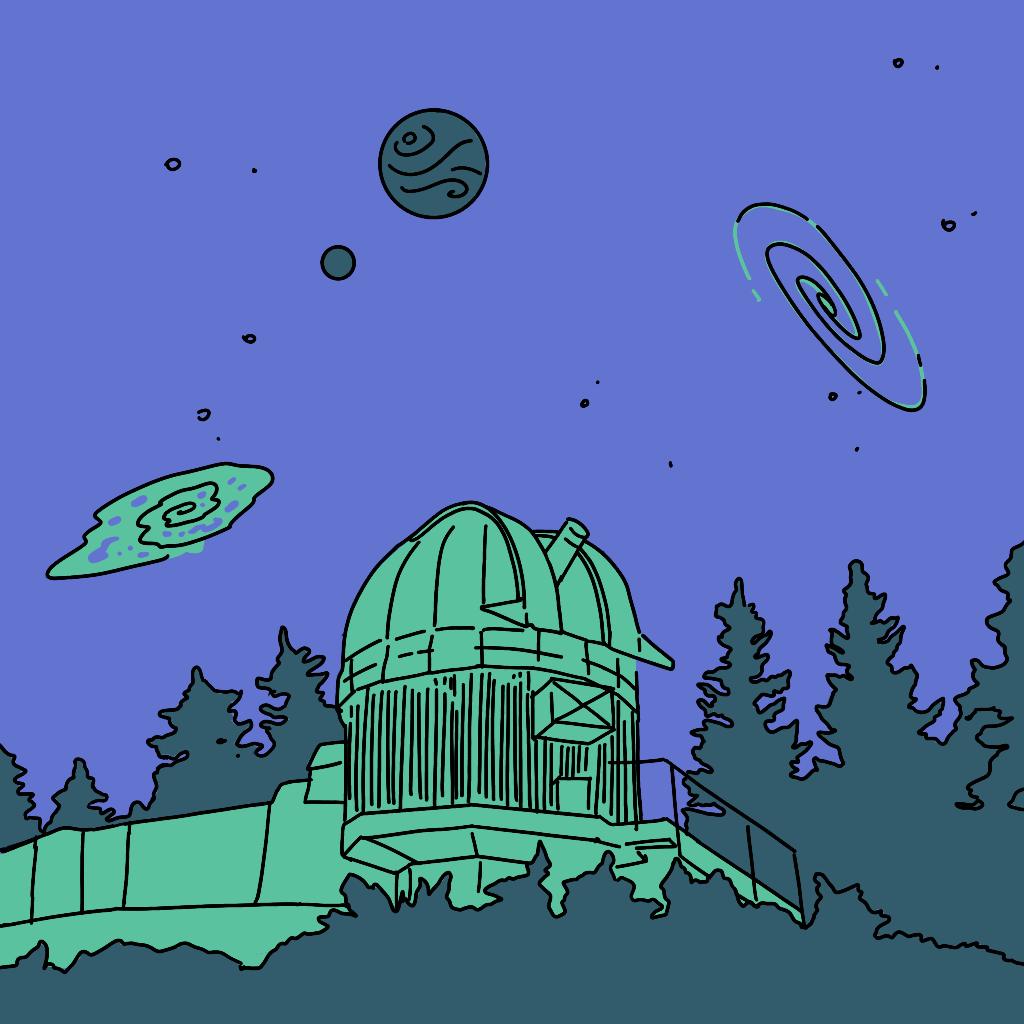Il 2 dicembre 2020 Disability Arts International pubblica sul proprio sito l’articolo “Al Di Qua: a manifesto from Italy” la traduzione inglese - supportata da Europe Beyond Access partner di Oriente Occidente Dance Festival - della Lettera Manifesto dell’associazione Al Di Qua Artists (Alternative Disability Quality Artists)
“There is a wall,” we said, “and therefore there is a ‘this side’ and a ‘that side’.”
[The use of the word ‘side’ relates to an untranslatable pun: the name of the association is Al Di Qua, which is an abbreviation of Alternative Disability Qualities. However, in Italian, it also means ‘exactly from here, in your same place, on this side’ as opposed to ‘Al Di Là’ which refers to a distant, unspecified and blurred place, a sort of ‘on the other side’.]
On this side, we used to be solitary but since we grouped together, we gave new names to things, we train collectively to be a heterogeneous and compact force. We look for coves in the wall to make it collapse. We want to penetrate the other side with capillary force, building new spaces of possibility, re-routing the mechanisms of participation in order to become a voice in the heart of contemporary debate.
Our body won’t be the first and last thing that is said about us.
We demand that no one speak on our behalf again.
This is our first outing.
Hello,
How are you?
We are fine today because we’ve finally decided to write to you. And we’re doing it very closely, from this side.
We are artists and workers in the field of the performing arts, united by being proud bearers of disabled bodies. Don’t ask yourself what disability is, that’s the wrong question! Ask yourself instead, what makes us disabled? What makes you disabled?
Our bodies aren’t the problem, nor our physical, motor, sensory, neurological, cognitive skills. We can no longer accept that under a single comfortable medical-scientific term our bodies, our stories, our changing identities are reported and flattened. We are not talking about disabilities, but about Disabling Experiences imposed by a society built on a model that only benefits the Western human being, male, white, able, healthy, cisgender and straight.
Have you felt powerless during the quarantine? What disabling experiences have you had? Did they leave any scars? If so, do you take care of them?
We are talking about that society that created a scale of evaluation of skills, and then selected the bodies and lifestyles that were entitled to inhabit the world, relegating the others to specifications, peripheries.
For us, natural reserves have been built. Confined spaces in where, we are told, we could be fine. But what about you? Do you think we’re cool with your natural reserves? Have you ever asked us if we want those “inclusive projects”? Can you notice the difference between “giving spaces of autonomy” and “granting controlled spaces”?
We have been told that our experience of marginalisation is different from other minority experiences. We were taught to ask for permission, and say ‘thank you, sorry’. We were told not to demand. There was always a specialist, a professional, an artist to explain who we were and what we had to do. Are you sure that special needs, such as those of understanding, listening, validation, are really special rather than being the needs of everyone?
We have always been discussed by the able-bodied. On our bodies, ‘the others’ do experiments, create visions, write narratives, and draw inspiration.
What about you – are you sure you’ll be non-disabled forever? Are you sure the people next to you are non-disabled?
Are you sure you could recognise disability just by looking at someone’s face? Are you sure that a person with a hidden impairment would not hesitate in revealing their personal experiences? Are you sure that this person would not suffer professional retaliation?
If you look around you, how many disabled people do you see in leadership, decision-making and powerful positions? What is the difference between making a voice heard and appropriating that voice?
Stella Young, an Australian playwright, journalist and disabled activist who died in 2014 was renowned for saying, “I’m not your inspiration”.
We now repeat it.
We multiply it.
We amplify it.
“We are not your inspirations.”
We’re not here FOR YOU. We are here FOR US.
To take the space we were never given. To build imaginations and not just feed them. To speak out. To set a precedent for those who will come after. To form you. To form us. To stop being exceptions. Are you sure you were expecting us to be there?
Don’t worry, we won’t get out of sight.
We’ll call you,
soon.
May you be happy.

Progetto curatoriale di Eleonora Reffo e Maddalena Sbrissa
Digital marketing Gabriela Chiric
SEGUICI!
© 2023 All Rights Reserved.
